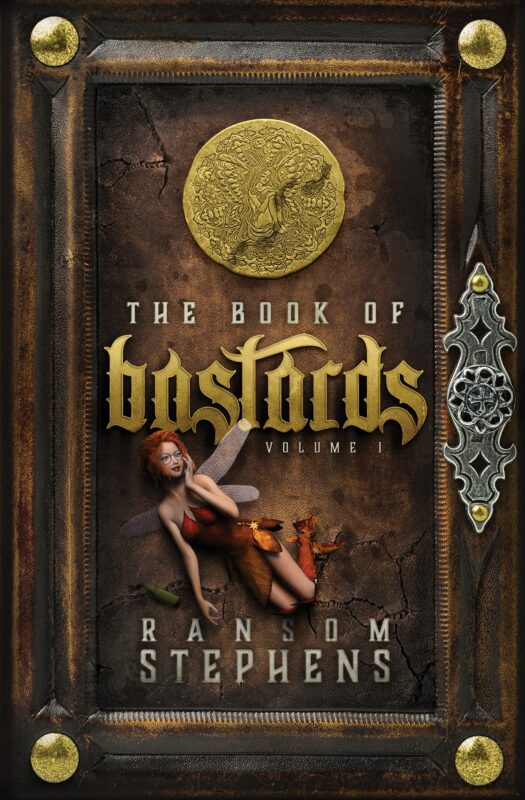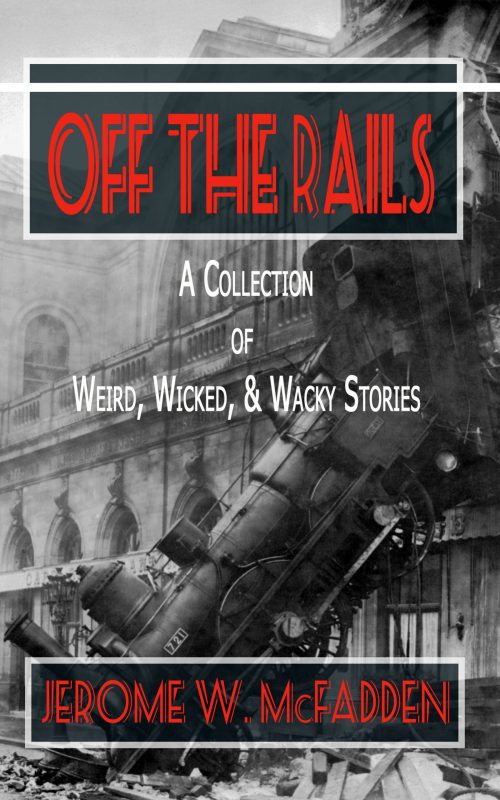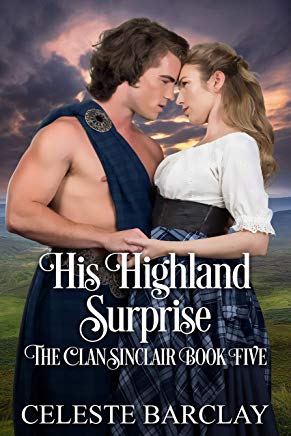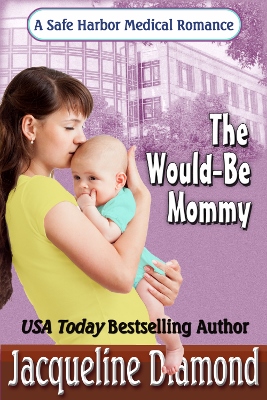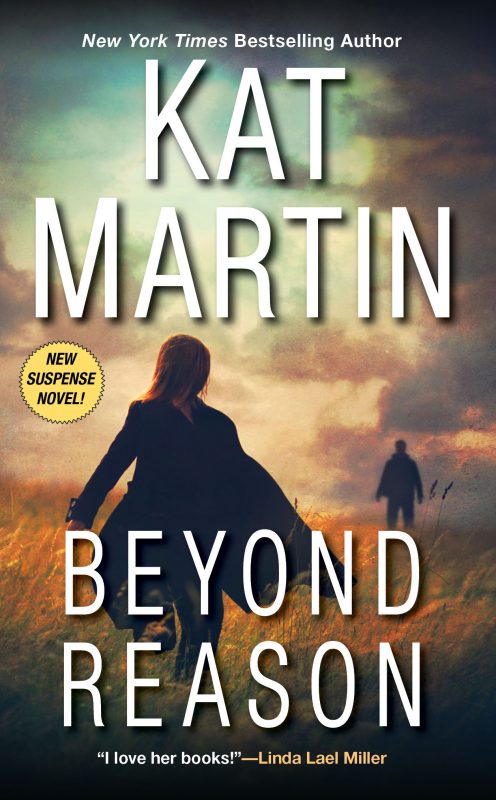Rewards for a job well done!
September 10, 2020 by Tari Jewett in category Charmed Writer by Tari Lynn Jewett, Writing tagged as " Angela James, "Before You Hit Send, rewardsThis morning, editor Angela James posted in the 30 Day Accountability Group that she’s hosting on Facebook for writers: HERE’S ANOTHER TIP FOR GETTING YOURSELF ON TRACK: MAKE A REWARD SYSTEM
So, what about reward systems? Do they work for you? And if they do, how do you set yours up?
A solid reward system can work for so many things. Years ago, when I homeschooled my two younger boys, I made a reward chart for them. They got stickers for completing each task during the day, and they loved getting the stickers, but when they reached a certain number of stickers they got a small ‘prize’. It might be doing something special with Mom or Dad, getting to pick their favorite lunch out, extra video game time, or a small toy. When they collected a larger number of stickers, they earned another larger prize, usually a field trip somewhere special such as the local aquarium, or the zoo. This tiered rewards system was very motivating for the kids, and the rewards were really for both of us. We spent time together that wasn’t school related, and we had new experiences together.
Some of you know that I’ve recently lost a substantial amount of weight. In the beginning, I was rewarding myself for every 5 lbs. with a manicure, of course, the pandemic has changed that, and to be honest, once I hit a certain point, the weight loss itself became the reward, as well as fitting into smaller sizes! Not to mention, how good I feel, and the increased mobility that I have.
When it comes to writing, of course, finishing the book and having people actually read it is the ultimate reward, but sometimes you need those little incentives to get you to THE END. I used to reward myself with food, a piece of See’s chocolate for completing the day’s word count, dinner out for meeting a larger goal. I also justified dinner out by saying that it gave me more time to write. Obviously, in recent months I’ve learned that those rewards had created a different problem, and I needed healthier incentives.

But, I have another passion that I don’t get to indulge as often as I’d like. Sewing. And that has become my new reward. If I meet my writing goal, I’m allowed to sew, and when I finish the book, I get a new sewing toy! With my weight loss, I need new clothes desperately, so I better get writing! And I may even add new clothes (that I didn’t sew) to my rewards.

Oh, and sometimes a writing class or workshop with someone like Angela James is a reward! A reward that can make your next project even better.
How do you reward yourself for your accomplishments? What are your favorite treats? Or do you feel the accomplishment is reward enough?
Writing for Hallmark by Kitty Bucholtz
September 9, 2020 by Kitty Bucholtz in category It's Worth It by Kitty Bucholtz tagged as Hallmark Publishing, Kitty Bucholtz, Submitting, traditional publishingHave you been thinking about submitting to Hallmark Publishing? I’ve had editor Stacey Donovan on my show, WRITE NOW! Workshop Podcast, talking about what she’s looking for, and several Hallmark authors have come on to talk about writing and their experience with the publisher. (Stacey Donovan as author, Alys Murray, Nancy Naigle, and Cassidy Carter.)
Last week, author Leigh Duncan shared with us her best tips for submitting to Hallmark. I hope you find some helpful hints here!
Read Rebecca Forster September Featured Author
September 7, 2020 by Rebecca Forster in category Featured Author of the Month tagged as Finn O' Brien Thrillers, Rebecca Forster., September Featured Author, thrillers

She marketed a world-class spa when it was still called a gym, did business in China before there were western toilettes at the Great Wall and mucked around with the sheep to find out exactly how her client’s fine wool clothing was manufactured. Then Rebecca wrote her first book and found her passion. Now, over twenty-five books later, she is a USA Today and Amazon bestselling author and writes full-time, penning thrillers that explore the emotional impact of the justice system. She earned her B.A. at Loyola, Chicago and her MBA at Loyola, Los Angeles. Rebecca has taught the Business of Creativity at University of California Long Beach Writers Certificate Program, UCLA and UC Irvine extension. Married to a Los Angeles Superior Court judge, she is the mother of two grown sons and spends her free time traveling, sewing, and playing tennis.
The Finn O’Brien Series
To Include or Not to Include by Linda O. Johnston
September 6, 2020 by Linda O. Johnston in category Pets, Romance & Lots of Suspense by Linda O. Johnston tagged as pandemic, Plotting, writing
To Include . . .
We’re still in the midst of the pandemic that has affected us for more than six months now. People get sick, and fortunately many heal . . . though not everyone does. And it’s affected us in ways beyond illness–economically, for example.
Even when things seem to improve some, they don’t always stay that way. Sometimes they get worse again. We still don’t know when things will settle down and start resembling normal once more.
And as a writer, I’m wondering when to use all of this.
Right now I’m still working on my third book in the long-running Colton series for Harlequin Romantic Suspense, featuring characters in one of the many branches of the Colton family spread all over the country. I’ve known what has to happen in this one, and that’s what I’ve done.
Or Not to Include . . .
But I’m also plotting some other ideas. Stories that will take place at least a little in the future.
Should I mention the pandemic? The social unrest? What it’s all done to our economy?
Or should I assume that readers will prefer that I don’t go there, that I ignore all that nasty stuff and just create my own issues in my stories, the way I used to?
I’m pondering all of that even as I plot. But like everything else these days, who knows what the future will bring–and if things will ever return to what had been deemed normal before?
Of course, as a writer, I want to satisfy my readers. It’s okay to scare them in romantic suspense and mysteries, but we need satisfying endings in which all gets resolved in a reasonable, acceptable, perhaps optimistic way. Never mind what happens in real life. I write fiction!
Well, I’ll figure it out and decide which direction to go in each story I write.
And hope that reality gets better even as my stories continue.
~Linda
The First Two of Linda’s Colton Family Series
Oops…I Almost Did It Again
September 5, 2020 by Tracy Reed in category WritingHappy September. I’m pretty sure you already know what I’m going to say…I can’t believe we are nineteen days away from the first day of fall.
Hope this makes you laugh. I was all set to talk about my experience with the review program at Hidden Gems. It wasn’t until I found my misplaced copy of my August post, did I realize that’s what I talked about last month. I had written three hundred plus words which I had to scrap. Now I’m stuck with either rehashing an old post or writing something new. I’ve opted for the latter, but find myself clueless.
The crazy that is going on in the world has sort of zapped my creative energy. I never expected I would still be working on my book. A few weeks into 2020, I had a writing plan or production schedule. I also inflicted a little self pressure to complete and publish it by a certain date.
Now that we are almost six months into the pandemic and shelter in place order, I find myself dragging. I love the subject of my book, except for the hole I think I plugged. It’s challenging continuing a series. Now that the book is complete and I’m doing another read- thru, I find myself referring to the other two books, when all I had to do was keep a series bible. Add series bibles to the long list of things I need to do.
Week before last, I reluctantly emailed my editor asking for a new editing slot. I’m pretty sure that was a given seeing I’d already missed the date.
This has been a challenge moving on to the next project. In my mind I’m already writing the next book, but that will have to wait until this one heads to the editor.
I really think what’s happening is I’m not sure this is the best time [or year] to release book with an alpha billionaire. Or is it? Maybe I’m overthinking that readers don’t want to read. Maybe readers really want to read romance where there are no health boundaries [i.e., Covid 19]? Maybe they want to escape to a world where things were like they used to be. I feel confident in admitting I haven’t got a clue how to write a romance with masks and gloves. Social distancing would be easy. That would involve traveling back to a time where manners and courtship were the basis for romance.
I believe it’s time for me to get out of my head and get my butt in the chair and write. I need to tell stories that make people feel good. So they can escape the crazy around them and fantasize about what was and how it might possibly be in the future.
Here’s my new plan as I head in to the fourth quarter. Send The Good Girl Part Trois to the editor by the end of this month. The second goal is to put the book up for pre-order on all platform except Amazon. This is a plan I can still live with.
Stay safe and see you next month,
Affiliate Links
A Slice of Orange is an affiliate with some of the booksellers listed on this website, including Barnes & Nobel, Books A Million, iBooks, Kobo, and Smashwords. This means A Slice of Orange may earn a small advertising fee from sales made through the links used on this website. There are reminders of these affiliate links on the pages for individual books.
Search A Slice of Orange
Find a Column
Archives
Featured Books
THE BOOK OF BASTARDS
Welcome to The Gold Piece Inn, where you can drink, gamble, and play! Or hide.
More info →OFF THE RAILS: A Collection of Weird, Wicked, & Wacky Stories
What happens if everything you thought you understood goes . . . OFF THE RAILS?
More info →HIS HIGHLAND SURPRISE
A confirmed bachelor with no intentions of settling down...
More info →THE WOULD BE MOMMY
Babies, babies, everywhere! But can she keep hers?
More info →BEYOND REASON
She’s determined to be successful—no matter who tries to stop her.
More info →Newsletter
Contributing Authors
Search A Slice of Orange
Find a Column
Archives
Authors in the Bookstore
- A. E. Decker
- A. J. Scudiere
- A.J. Sidransky
- Abby Collette
- Alanna Lucus
- Albert Marrin
- Alice Duncan
- Alina K. Field
- Alison Green Myers
- Andi Lawrencovna
- Andrew C Raiford
- Angela Pryce
- Aviva Vaughn
- Barbara Ankrum
- Bethlehem Writers Group, LLC
- Carol L. Wright
- Celeste Barclay
- Christina Alexandra
- Christopher D. Ochs
- Claire Davon
- Claire Naden
- Courtnee Turner Hoyle
- Courtney Annicchiarico
- D. Lieber
- Daniel V. Meier Jr.
- Debra Dixon
- Debra H. Goldstein
- Debra Holland
- Dee Ann Palmer
- Denise M. Colby
- Diane Benefiel
- Diane Sismour
- Dianna Sinovic
- DT Krippene
- E.B. Dawson
- Emilie Dallaire
- Emily Brightwell
- Emily PW Murphy
- Fae Rowen
- Faith L. Justice
- Frances Amati
- Geralyn Corcillo
- Glynnis Campbell
- Greg Jolley
- H. O. Charles
- Jaclyn Roché
- Jacqueline Diamond
- Janet Lynn and Will Zeilinger
- Jaya Mehta
- Jeff Baird
- Jenna Barwin
- Jenne Kern
- Jennifer D. Bokal
- Jennifer Lyon
- Jerome W. McFadden
- Jill Piscitello
- Jina Bacarr
- Jo A. Hiestand
- Jodi Bogert
- Jolina Petersheim
- Jonathan Maberry
- Joy Allyson
- Judy Duarte
- Justin Murphy
- Justine Davis
- Kat Martin
- Kidd Wadsworth
- Kitty Bucholtz
- Kristy Tate
- Larry Deibert
- Larry Hamilton
- Laura Drake
- Laurie Stevens
- Leslie Knowles
- Li-Ying Lundquist
- Linda Carroll-Bradd
- Linda Lappin
- Linda McLaughlin
- Linda O. Johnston
- Lisa Preston
- Lolo Paige
- Loran Holt
- Lynette M. Burrows
- Lyssa Kay Adams
- Madeline Ash
- Margarita Engle
- Marguerite Quantaine
- Marianne H. Donley
- Mary Castillo
- Maureen Klovers
- Megan Haskell
- Melanie Waterbury
- Melisa Rivero
- Melissa Chambers
- Melodie Winawer
- Meriam Wilhelm
- Mikel J. Wilson
- Mindy Neff
- Monica McCabe
- Nancy Brashear
- Neetu Malik
- Nikki Prince
- Once Upon Anthologies
- Paula Gail Benson
- Penny Reid
- Peter Barbour
- Priscilla Oliveras
- R. H. Kohno
- Rachel Hailey
- Ralph Hieb
- Ramcy Diek
- Ransom Stephens
- Rebecca Forster
- Renae Wrich
- Roxy Matthews
- Ryder Hunte Clancy
- Sally Paradysz
- Sheila Colón-Bagley
- Simone de Muñoz
- Sophie Barnes
- Susan Kaye Quinn
- Susan Lynn Meyer
- Susan Squires
- T. D. Fox
- Tara C. Allred
- Tara Lain
- Tari Lynn Jewett
- Terri Osburn
- Tracy Reed
- Vera Jane Cook
- Vicki Crum
- Writing Something Romantic
Affiliate Links
A Slice of Orange is an affiliate with some of the booksellers listed on this website, including Barnes & Nobel, Books A Million, iBooks, Kobo, and Smashwords. This means A Slice of Orange may earn a small advertising fee from sales made through the links used on this website. There are reminders of these affiliate links on the pages for individual books.



















